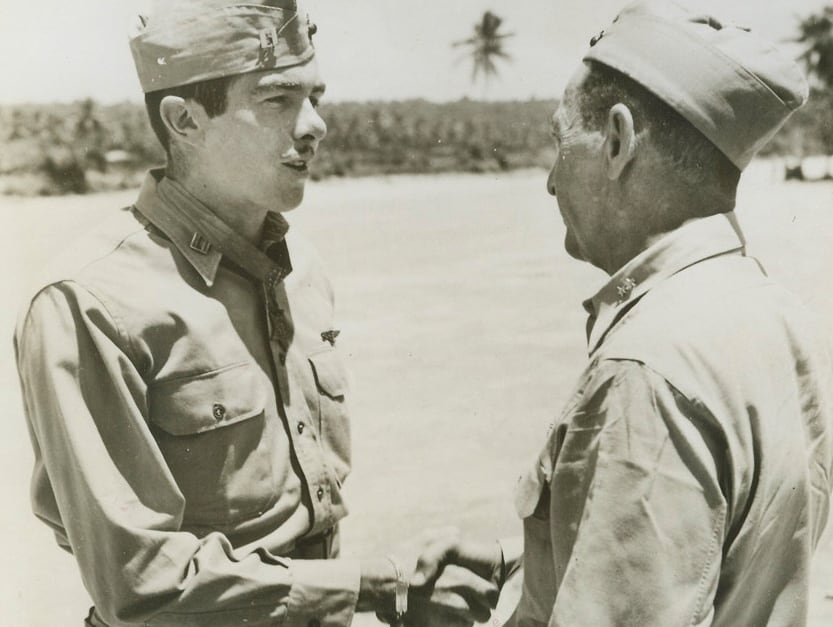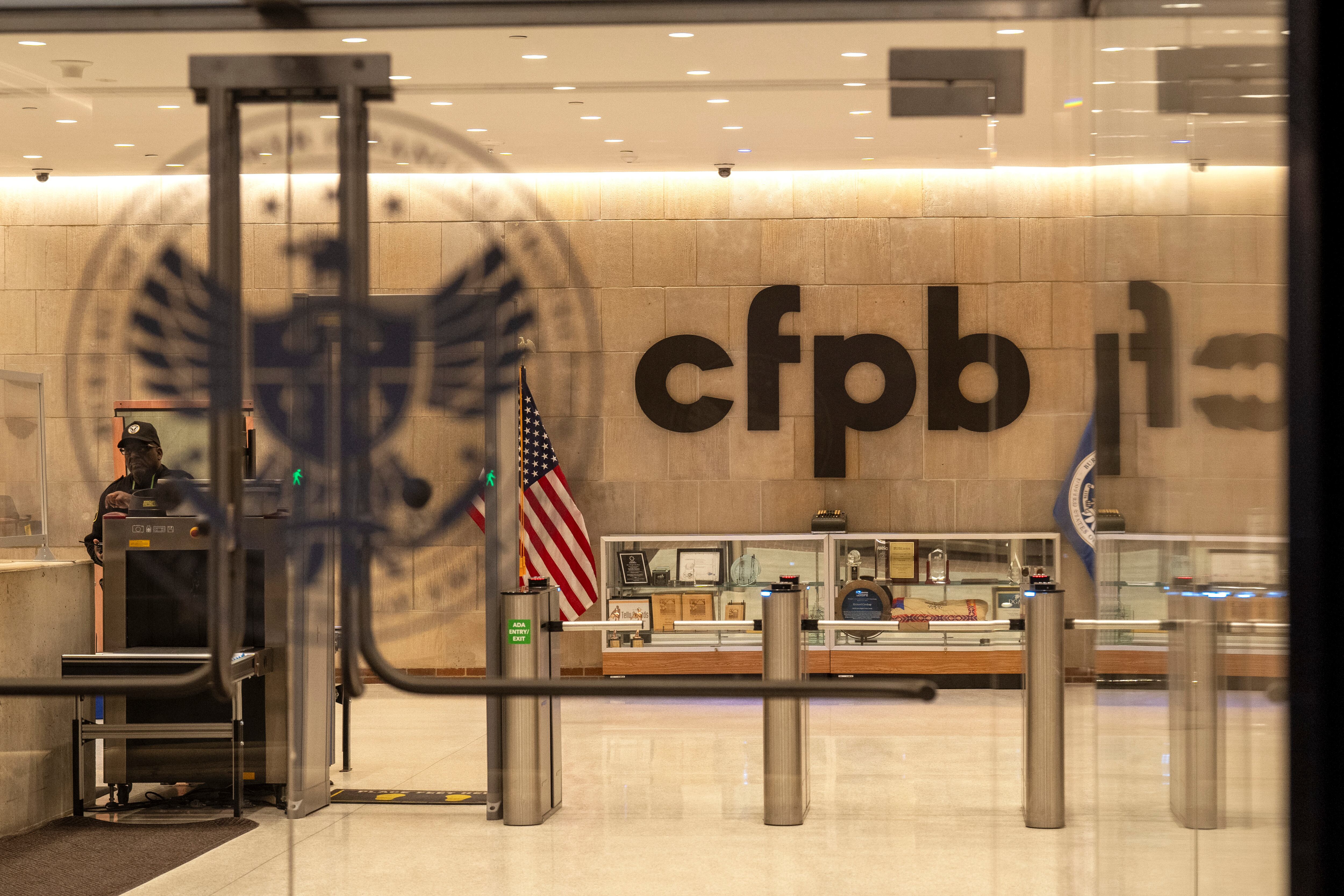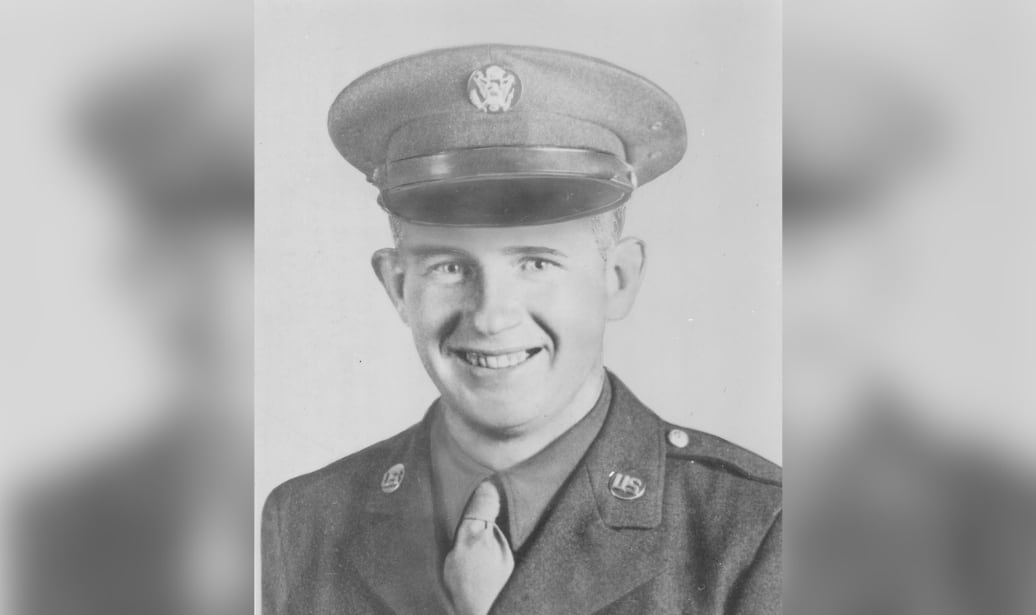The Corps will now require valor awards to be processed within ten days at each level of command, an effort by the Marines to speed up the often contentious and sensitive awards process.
The changes, posted in MARADMIN 099/18, merely reflect guidance submitted by Secretary of Defense James Mattis in 2017.
“The demands and sacrifices of military service on the Soldiers, Sailors, Airmen, and Marines under our charge are significant,” a February 2017 memo from Mattis reads. “I direct that you generate a plan to modify your awards processes to ensure that the valor award recommendations are acted upon within ten days of receipt by each echelon in the review process.”
To comply with the Mattis’ memo, the Corps has made changes to its Improved Awards Processing System, or iAPS. The system now requires commanders to act on an award at each level of the command within ten days.
Failure to act on the award within the ten-day period requires a detailed comment justifying the delay.
Valor awards have far too often been stuck in a cumbersome bureaucratic system or delayed by commanders for further scrutiny, or awarded long after a service member has left the service.
In one such case, former Marine Sgt. Matthew Parker, who served with 3rd Battalion, 2nd Marines in Afghanistan in 2011, waited nearly five years before being awarded the Silver Star, the nation’s third highest award for combat bravery.
Parker’s unit was embroiled in a scandal involving Marines who were videotaped urinating on Taliban corpses. Though Parker was not involved in the incident his award was put on administrative hold.
The new changes to the awards process will help commanders push awards along quickly and in a timely manner, but it will not change or alter the rigor of standards for valor awards, according to the Marine Corps.
Shawn Snow is the senior reporter for Marine Corps Times and a Marine Corps veteran.





